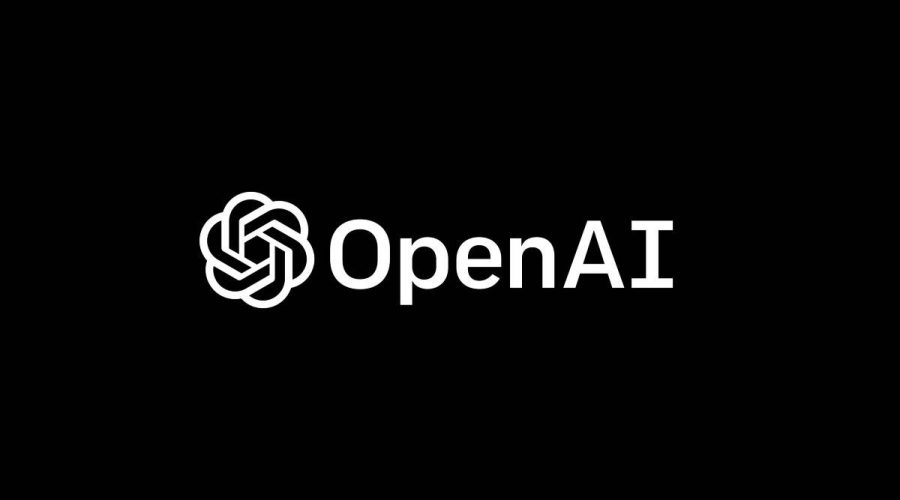Education vs Efficiency: ChatGPT
We, the editorial staff, believe that while ChatGPT may be a useful tool for students, its potential to act as a “cheating device” raises serious concerns about the impact it could have on the educational experience. It is our opinion that the use of ChatGPT could force the education system to alter its instructional curriculum.
While it is true that ChatGPT can provide accurate answers to students’ questions, we are concerned that its over-reliance may lead to students neglecting the importance of active learning, critical thinking, and problem-solving skills. Instead of relying on ChatGPT for answers, students should be encouraged to use it as a supplementary tool to support their learning.
Moreover, the rise of ChatGPT in classrooms raises questions about the effectiveness of traditional teaching methods. If students can rely on a tool to provide answers, they may be less likely to engage in the learning process and develop the skills they need to succeed in the long run.
As a result of these concerns, we believe that the education system will need to alter its instructional curriculum to account for the use of ChatGPT. Teachers should shift their focus to teaching students skills such as critical thinking, problem-solving, and analysis, rather than solely focusing on imparting information. This will ensure that students are actively engaged in the learning process and developing the skills they need to succeed.
If you have read to this point, you’ve probably formed the conclusion that while a solid piece of writing, the opinion is flat and does not make any enlightening arguments. Why? Because ChatGPT wrote it. The tone of the writing gives an impression of gravitas, yet the language is repetitive, the exploration of the supporting evidence is limited, and the arguments are largely banal.
We, the real editorial staff, believe that AI cannot replace human judgement, human creativity, and human scholarship in our educational institutions. In many ways, artificial intelligence is an extension of human capabilities. We won’t attempt to argue the reliability or accuracy of AI information – we concede that with the exponential growth of AI usage, consumer input will inevitably optimize the quality of AI information-processing. AI is smarter than we are. However, we do argue the following:
Human connection is irreplaceable. In our educational institutions, collaborative learning, as well as problem solving and life skills rely on human interaction, and these should not be replaced by the more information-based, fact-based education style that AI would likely be limited to (at least in the near term). Furthermore, a productive relationship between a student and an educator goes way beyond the ability for the educator to answer the student’s questions. Facets of a relationship, such as understanding the student’s life situation, the ability to connect with a student on topics unrelated to education, and the capacity to adjust based on a student’s preferred style of learning should remain at the core of what it means to be a successful educator. Interpersonal relationships have always been the foundation of education, and we believe that will never be supplanted.
“Why learn how to do anything, when AI can do it for you?”
AI can write our essays, solve math problems, and create CS programs more efficient than our own – but there is no effective shortcut to learning. It would be damaging if our educational institutions are forced to alter their practices because students can now access cheating tools so easily. The age of artificial intelligence is already here, and there will always be a way to cheat if a student chooses to. What should be emphasized is that, when we choose to use these services to replace our own cognition, we forfeit our right to original scholarship and intellectual discovery – and the moment we forfeit that, we lose the very thing that enabled human civilization to develop to where we are today.

